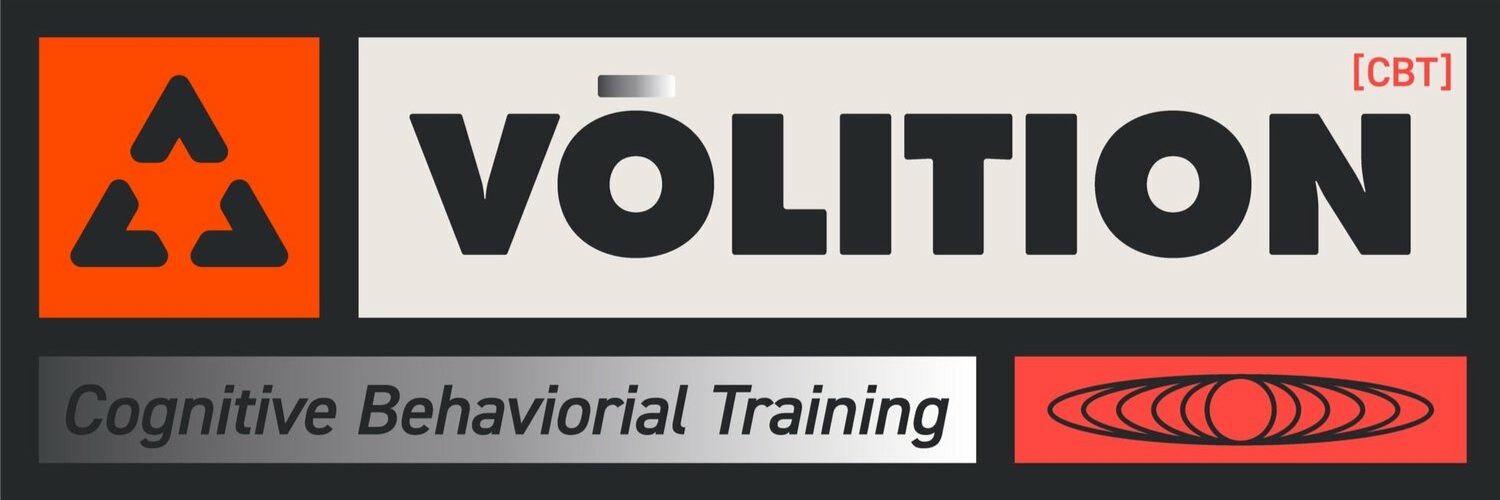
We’ve all seen them – the catchy headlines promising to reveal the secret to effortless weight loss, the easy trick to flawless skin, or the one weird trick to boost your energy levels. Don’t give into the hack, find the solution. It’s tempting to believe that we can achieve our health goals with a simple trick or shortcut, but the reality is that these quick fixes, or HACKS, are rarely effective or sustainable.
The truth is that solutions to health problems are methodical, tedious, and require consistent effort. But that’s precisely why they work – they solve the problem. To solve a problem is to find an effective means of dealing with it. Being effective means you can arrive at a desired result in a desirable way, and maintain that effectiveness over time and varying degrees of difficulty.
Hacks, on the other hand, are never that. They are shortcuts, bandaids, fads, and impulsive, fleeting, and unsustainable. They may provide results at times, which can lead you to believe they are effective. But the path to those results is usually extreme or easily abandoned, whether the result is reached or not. The pursuit of hacks lack meaningfulness, which makes it ineffective in the long run.
A true solution to a health problem must be implemented as desirably as possible across time, making it less likely to be abandoned. It won’t be temporary, and it will take effort and energy over time. But that’s what makes it meaningful. Pursuing what’s meaningful, rather than what is expedient, is the key to finding a sound solution to health goals.
Avoid being a HACK and focus on finding an effective solution:
- Hacks are temporary.
Hacks may provide a quick fix, but they are rarely a long-term solution to a health problem. Most hacks are not sustainable, and the results they provide are usually temporary. This means that the problem will return once you stop relying on the hack. They never seem to come back easier either.
- Hacks lack meaningfulness.
Hacks are often impulsive and don’t require much effort, which means that they lack the meaningfulness that comes from working towards a long-term goal. If you’re constantly looking for shortcuts, you’ll never feel the satisfaction of achieving a goal through hard work and dedication. Say it with me: “Delay gratification always WINS!”
- Hacks can be extreme.
Some hacks require extreme measures, such as fasting or drastically cutting out entire food groups. These extreme measures can be harmful to your health, and they are rarely sustainable over the long term. A bit dramatic, but imagine trying to take a shortcut and adding more miles to your journey.
- Hacks don’t address the root cause of the problem.
Hacks are often focused on treating the symptoms of a health problem, rather than addressing the root cause. This means that the problem will continue to resurface, and you’ll have to keep relying on hacks to manage it. You can’t band-aid a bullet wound…please don’t.
So, what can you do to find a sound solution?
Here are a few tips we use a VŌLITION to help our members find success:
- Identify the root cause of the problem.
If you’re struggling with a health problem, take the time to identify the root cause. This may involve working with a professional, doing some research, or keeping a journal to track your problem areas. Investing in your wellness is NEVER a loss. This does require honesty and humility however.
- Set a long-term goal.
Once you’ve identified the root cause of the problem, set a long-term goal that you can work towards. This could be anything from fitting into the right clothes, to improving subconscious habits. You wan’t something inspiring and not easily achievable. If you use generic goals like, losing 10 pounds or being a better person, it will eventually lose its luster.
- Break the goal down into smaller, manageable steps.
Breaking your long-term goal down into smaller, manageable steps can make it feel less overwhelming. This will also help you to track your progress and stay motivated. Reverse engineering a goal not only builds you a path but forces you to choose a goal that is visually obtainable and doesn’t just “sound good”.
- Find a sustainable approach.
Look for an approach that is sustainable over the long term. This might involve making small, gradual changes to your diet or lifestyle, rather than relying on extreme measures. It’s also important to find an approach that is enjoyable and meaningful, so that you’re more likely to stick with it. Remember it is not so much the “what” you are doing as much is it is the “how” and for HOW LONG you can do it for that matters most.
- Be consistent.
Consistency is key, the king of cliché but true when it comes to achieving your goals. This means sticking to your plan even when it’s difficult, and not giving up when you hit a roadblock. Keep in mind that progress is rarely linear, and there will be setbacks along the way. You actually WANT set backs, this means your goal is more purposefully driven instead of easily obtainable.
- Be patient.
Finally, be patient with yourself. Achieving your health goals is a process. It takes time, effort, and dedication to make lasting changes. But if you focus on finding a sound solution, rather than relying on hacks, you’ll be much more likely to achieve your goals and maintain your progress over the long term. Hacks leave you spinning your wheels, keeping you busy. Solutions provide the grip you need to stay grounded and moving forward!
Hacks WILL be attractive in the short term, that is what makes them a hack, but they are rarely a sustainable or effective solution to health problems. To find a sound solution, you need to be methodical, consistent, and willing to put in the effort over the long term. By identifying the root cause of the problem, setting a long-term goal, breaking it down into manageable steps, finding a sustainable approach, being consistent, and being patient, you can achieve your health goals and maintain your progress over the long term.
Don’t be a hack – be the solution.
Learn more here!

